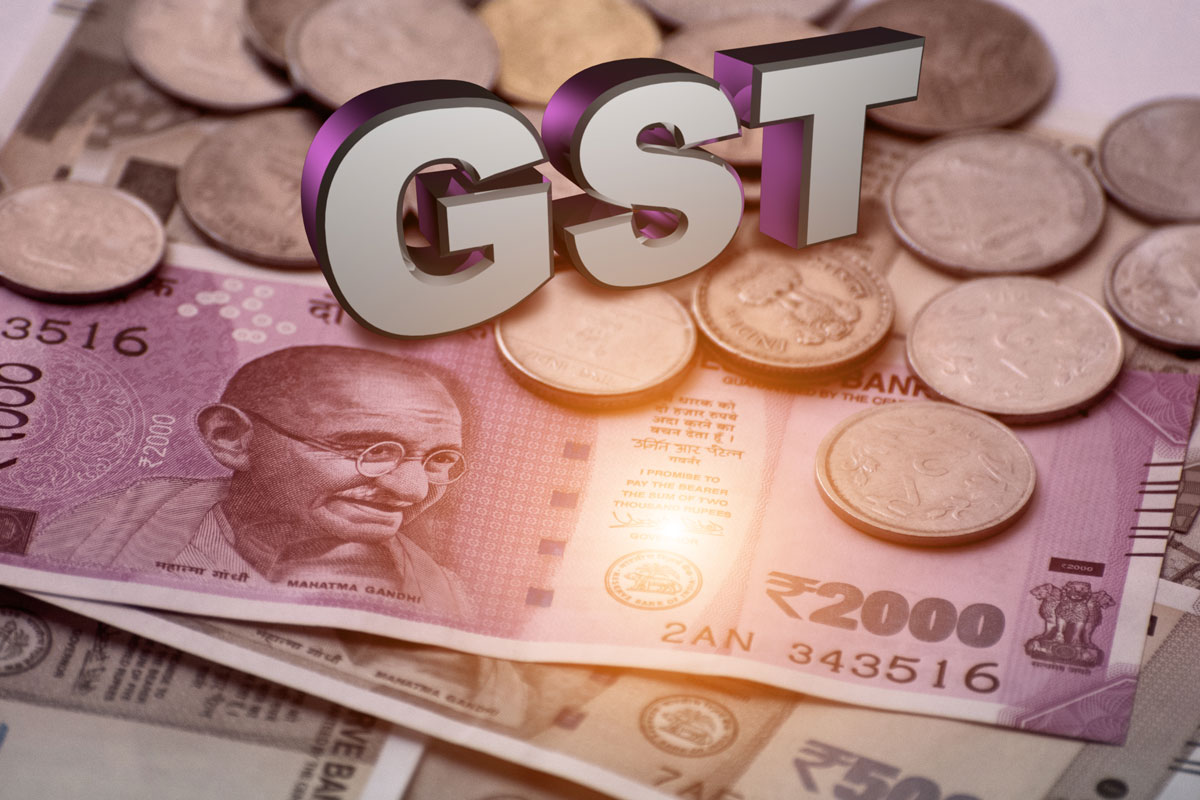The debate surrounding the taxation of health and life insurance premiums in India has taken a significant turn with the recent consensus among members of the Goods and Services Tax (GST) Council to consider reducing the current 18 per cent levy. Although no final decision was made, the formation of a ministerial panel to review the matter and submit a report by next month indicates that the issue is being taken seriously, although some may cavil that if a consensus had been reached there really was no need for a panel. Public sentiment increasingly views the tax on essential insurance services as unjust, particularly given their importance in a country where financial security remains a challenge for many and public healthcare is in an abysmal state. Health and life insurance are fundamental to financial planning.
They provide a safety net that protects individuals and families from the unpredictable nature of life. However, the high GST on premiums significantly raises the cost of these essential services, discouraging many from purchasing adequate coverage. In a country like India, where out-of-pocket healthcare expenses can be devastating, making insurance more affordable should be a priority for the government. Reducing the tax burden on insurance premiums could lead to increased uptake of these policies, thereby enhancing the overall financial security of citizens. The public’s dissatisfaction with the existing tax structure is evident from the discussions on social media and within political circles.
Advertisement
The leaked letter from a minister criticising the tax on insurance premiums only adds weight to the argument that this issue needs urgent attention. It highlights a broader concern that the government should be careful not to overburden citizens, especially when it comes to services that are essential for their well-being. While the GST Council’s move to address this issue is necessary, it is essential that the government approaches the matter with a balanced perspective. On one hand, there is a clear need to make insurance more accessible by lowering the tax on premiums. On the other, the government must also consider its revenue needs, particularly as it plans to extend additional taxes on goods such as luxury cars, tobacco products, aerated drinks, and coal. These goods are often taxed at higher rates due to their negative impact on health and the environment. However, extending these taxes beyond 2026, as suggested, may raise concerns about the overall tax burden and its impact on different sectors of the economy.
The challenge for the Council will be to strike a balance between reducing the tax on essential services like insurance while earning sufficient revenue to fund public services. Lowering the GST on health and life insurance premiums would make these vital services more affordable. At the same time, the government should ensure that any extension of taxes on luxury and sin goods is justified and does not disproportionately affect specific industries or consumers. As the GST Council reconvenes in November to discuss the findings of the ministerial panel, the public will be watching closely











